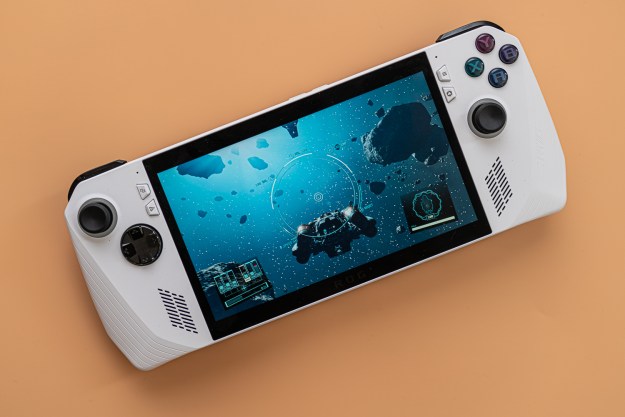
Speaking at a Brooking’s Institute Internet Governance and Regulation panel, Comcast Vice President David Cohen delivered a keynote address in which he pronounced a “consensus” has been reached on the thorny topic of net neutrality: rather than intrusive government regulation mandating what ISPs may or may not do, net neutrality should be considered an engineering problem to be managed by the groups like the Internet Engineering Task Force (IETF) and the brand-new Broadband Internet Technical Advisory Group—of which Comcast is proud to be a charter member.
“The Internet is too big and too important for government to ignore, and it is too complex and too dynamic for government to regulate intrusively,” Cohen concluded. “Let’s learn from the Internet itself. It’s flourishing as a self-governing, self-healing ecosystem. And the more we can take advantage of that model, coupled with reasonable consensus-based regulation, the better we will be and the better the Internet will be.”
Comcast occupies a unique position in the network neutrality debate. Comcast is not only the largest ISP in the United States, it’s also the only ISP to have been sanctioned by the FCC for blocking P2P file sharing applications. However, earlier this year, Comcast’s appeal of that case managed to eviscerate the legal basis the FCC’s regulation of the Internet. As such, U.S. Internet users have had essentially no protection from ISPs managing traffic however they like, whether that be blocking specific applications and services, promoting partners, or deciding what devices consumers may or may not use to access the Internet.
The FCC has been trying to hammer out a new basis for a network neutrality frameworks; however, those efforts were recently hamstrung by Google and Verizon putting forth a policy proposal that would essentially enshrine the FCC’s previous net neutrality framework and create transparency requirements…but leave the mobile Internet market unregulated.
Cohen argues that, since the brouhaha over its selectively shutting down P2P file sharing apps “very little has been said about our networking management practices.” Cohen says that’s not because Comcast has stopped managing its network, but because “issues are worked out by the engineers in real time as they should be.” Cohen says Comcast has taken its new networking management practices to the IETF, and openly shared the results of its network management testing. “Our collective experience convinced us that we would all benefit from a U.S.-focused body modeled on the IETF. An engineering-based, independent organization devoted to Internet technical issues, including issues surrounding network management.”
Many consumer advocates would probably disagree with Cohen’s assertion that a “consensus” has been reached on network neutrality, and that Comcast’s own behavior with the P2P blocking instances—first denying they were blocking anything, then arguing the FCC didn’t have authority to make them carry traffic neutrally—illustrates the need for federal regulation. Cohen argues that with transparency of network management practices, consumers will demand changes in company policies that they dislike. But with many broadband ISPs operating as municipal monopolies and no governmental authority mandating operational transparency, many consumers might have trouble taking ISPs at their word they’re doing everything on the up-and-up.


